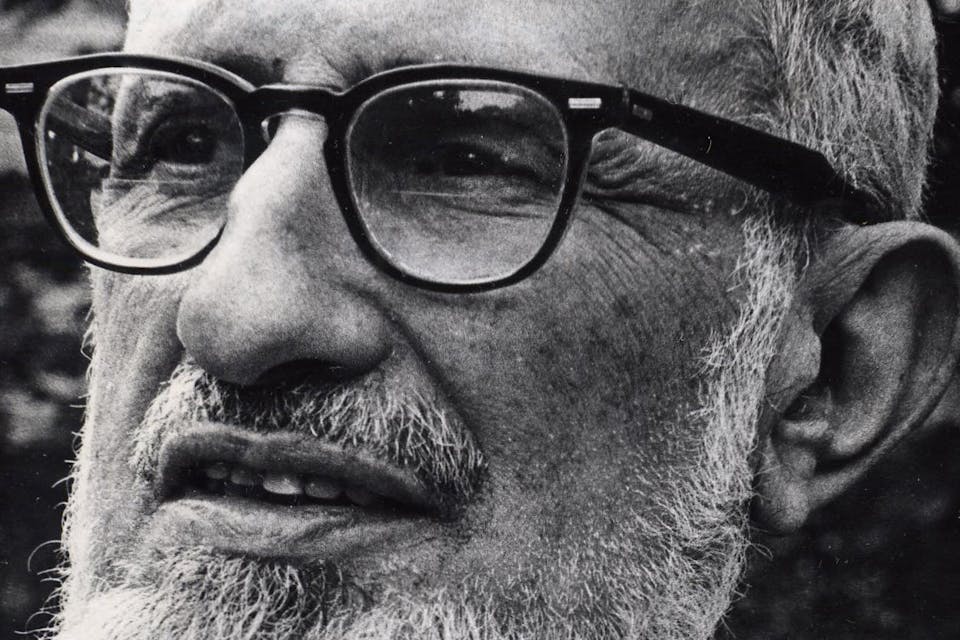
December 3, 2019
A Tale of Two Soloveitchiks
One Soloveitchik warned about the dangers of Jewish-Christian dialogue. Another, his forebear, tried to intensify such dialogue, or so a third member of the family now argues. Is he right?
To those knowledgeable in the history of Jewish-Christian relations, the name “Soloveitchik” immediately brings to mind a complex, challenging, and subtle essay by Rabbi Joseph B. Soloveitchik (1903–93), the most influential figure in Modern Orthodoxy to date.
Published in 1964, when interfaith dialogue was rapidly becoming common (and Vatican II was in session), Soloveitchik’s essay, “Confrontation,” sought to delineate the boundary marking off the domain in which committed Jews and Christians could and should work together from the domain in which even intelligible communication between them was conceptually impossible. Jews, Soloveitchik wrote, “are determined to participate in every civic, scientific, and political enterprise,” but Jewish identity and Jewish obligations could not be exhausted by, and were actually misapprehended by the terms of, such universal ethical and cultural concerns.
Nor was this stricture peculiar to Judaism alone. Quite the contrary, Soloveitchik argued: “[t]here is no identity without uniqueness.” Just as “there cannot be an equation between two individuals, . . . it is likewise absurd to speak of the commensurability of two faith communities that are individual entities.” Once those entities were subsumed into some larger unit, with the differences between them relegated to a minor matter, their “dialogue” could only be false—and, what is more, dangerous to the participating groups: